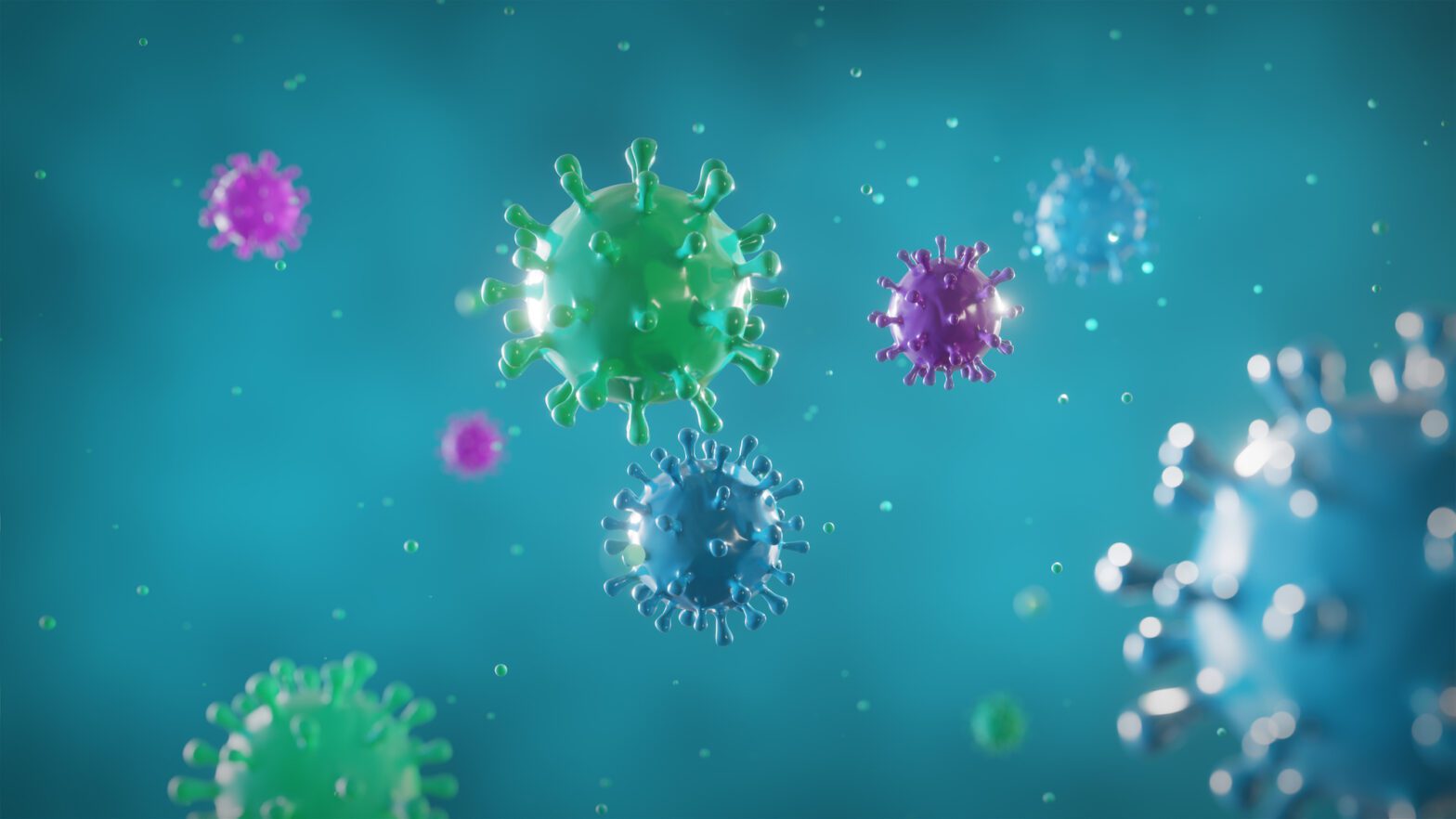RSV
As you have probably heard, the pediatric hospitals across Michigan are at capacity with a record number of severely ill children with respiratory syncytial virus, or RSV, as it is frequently called. RSV is a common respiratory virus that usually causes mild, cold-like symptoms. Most people recover in a week or two, but RSV can be serious, especially for infants, older adults, or people with compromised immune systems due to underlying health conditions. Sometimes the illness is so severe, it can be fatal.
RSV spreads when an infected person coughs or sneezes and the virus droplets gets on surfaces, or you have contact with that person. People with RSV are contagious for 3-8 days and are contagious before showing signs of the illness. The illness can be transmitted from someone in the family, or outside of the home.
People infected with RSV usually show symptoms within 4 to 6 days after getting infected. Symptoms of RSV infection usually include runny nose, decrease in appetite, coughing, sneezing, fever, and wheezing. These symptoms usually appear in stages and not all at once. In very young infants with RSV, the only symptoms may be irritability, decreased activity, and breathing difficulties. Most RSV infections go away on their own in a week or two.
In the past, most children normally would have had a RSV infection by the age of two, but with all of the COVID precautions everyone has been practicing over the last few years, it is thought many kids might have never been exposed to the virus before. Repeat infections may occur throughout life, and people of any age can be infected. Infections in healthy children and adults are generally less severe than among infants and older adults with certain medical conditions.
Steps you can take to help prevent the spread of RSV especially if you have cold-like symptoms include covering your mouth when coughing and sneezing, washing your hands frequently with soap and water, avoiding close contact and touching others, and cleaning frequently touched surfaces.
If your child has RSV, the treatment involves treating the symptoms, namely managing fever and pain medication, drinking enough fluids, and talking to your doctor before giving your child non-prescription cold medications. Although most children will recover at home, parents should watch for the following symptoms and contact their doctor immediately or bring their child to the emergency room if their child is showing any signs of severe illness such as:
- Having trouble breathing or rapid breathing
- Wheezing and grunting noise
- Nostrils flaring and /or muscles in the neck, chest or abdomen are strained when trying to breathe
- Not eating well or refusing to bottle-feed or breast feed if an infant
- Excessive fussiness or extensive lethargy
- Bluish color of the skin, lips or fingernails or cool, dry skin
- Dehyrdation, which shows up in infants as fewer wet diapers or no urine in a diaper for 6 hours, lack of tears when crying
- Episodes of apnea (pauses in breathing)
Healthy adults and infants infected with RSV do not usually need to be hospitalized. But some people with RSV infection, especially older adults and infants younger than 6 months of age, may need to be hospitalized if they are having trouble breathing or are dehydrated. RSV is the most common cause of bronchiolitis (inflammation of the small airways in the lung) and pneumonia (infection of the lungs) in children younger than 1 year of age in the United States.
About 5 out of every 1000 infants and toddlers younger than age 2 are hospitalized with RSV according to a five-year study published in the American Academy of Pediatrics Journal. In older adults, between 60,000 to 120,000 people are hospitalized each year in the US and of those, 6,000-10,000 die due to RSV infection. If hospitalized with severe RSV, a person may require oxygen, IV fluids (if they can’t eat or drink enough), or even mechanical ventilation (a machine to help a person breathe).
Steps that can be taken to prevent RSV include avoiding kissing others if you have cold symptoms, cleaning and disinfecting surfaces, keeping babies away from crowds, washing hands often, if people want to hold infants, ask them to wash their hands first, and wearing a mask if in crowded areas or you are compromised. And, although this may sound harsh to some, if you are sick, please be considerate of others and stay home. This includes staying home from work, visiting with others, and going out in public. Not only can RSV be transmitted to others when you are sick, the flu and COVID are still out in the community and can be transmitted to others. I realize that some people feel they can’t miss a day at work, or they just don’t feel that sick, but we need to think of people that may be at risk of serious illness, should they contract any of those illnesses.
God Bless and Stay Well!
References:
CDC, Centers for Disease Control and Prevention, Respiratory Syncytial Virus Infection (RSV), www.cdc.gov/rsv
WebMD, Lung Disease and Respiratory Health, Respiratory Syncytial Virus (RSV), written by Mary Ann Dunkin, Medically Reviewed by Amita Scroff, MD, September 22, 2021
Detroit Free Press, USA Today Network, RSV Cases Inundate Michigan Hospitals, November 11, 2022, Friday.


